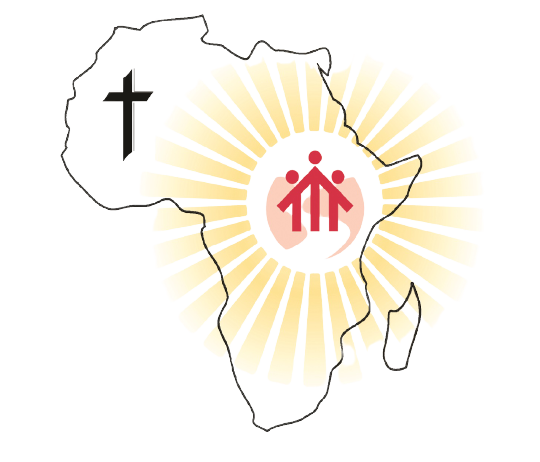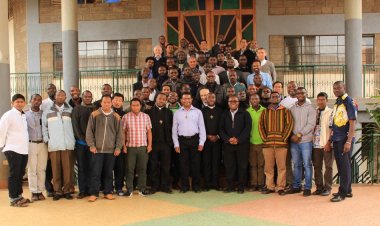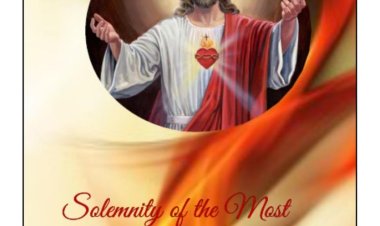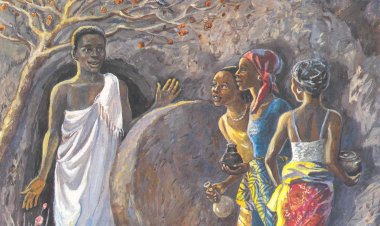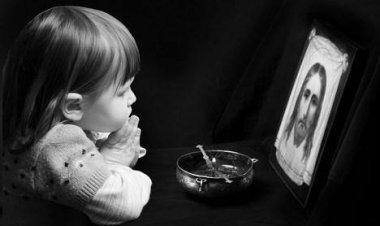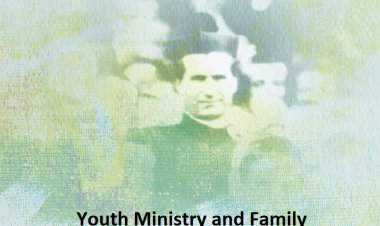Scrutiny on Poverty
A Model for the annual scrutinium
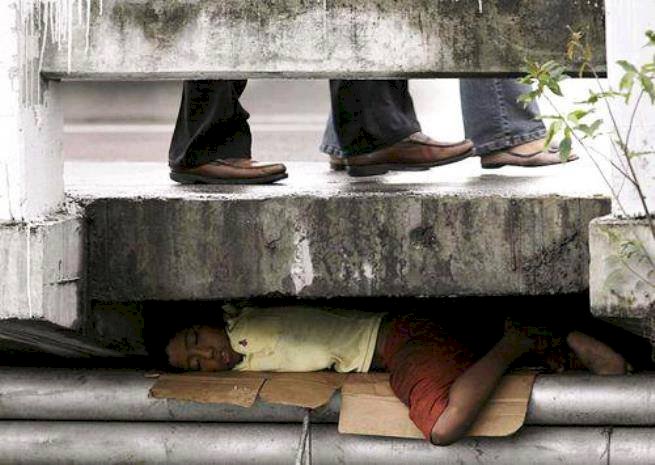
Scrutinium paupertatis
Reflections from the CONSTITUTIONS - (72-79)
We choose to follow the Saviour who was born in poverty, lived deprived of everything and died stripped on the cross. We free ourselves from concern and worry about earthly goods, and trusting in the providence of the Father, we dedicate ourselves to the service of the gospel.(72)
Don Bosco's manner was marked by austerity, hard work and much initiative. Following his example we too live detached from all earthly goods; we participate with a spirit of enterprise in the mission of the Church and in her struggle for justice and peace, especially by educating those in need. The witness of our poverty, lived in a common sharing of our goods, helps the young to overcome their selfish possessive instinct and opens them to the christian sense of sharing. (73)
Each one of us bears prime responsibility for his own poverty, daily living out by the frugality of his life the detachment he has promised. He is careful not to give way gradually to a desire for a comfortable and easy life, which poses a direct threat to fidelity and to apostolic generosity. When the state of poverty causes him some inconvenience or suffering, he is glad to be able to share in the blessings promised by the Lord to the poor in spirit. (75)
After the example of the first christians we share together our material goods, the fruits of our work, the gifts we receive and whatever comes to us from pensions, subsidies and insurance policies. We do the same with our talents, our energies and our experience. In the community the good of each individual becomes the good of all. As brothers we share what we have with the other communities of the province and we show solidarity with the needs of the entire congregation, of the church and of the world. (76)
Every community is sensitive to the conditions of its neighbourhood and bears witness to its poverty by a simple and frugal way of life in unpretentious dwellings. (77)
...what we have must be seen to be used for the service of others..."Remember above all that what we have is not ours; it belongs to the poor. Woe to us if we do not use it well". Don Bosco (79)
Unremitting and self-sacrificing work is a characteristic left us by Don Bosco and is the concrete expression of our poverty. (78)
The spirit of poverty leads us to be one with the poor and to love them in Christ. For this reason we make every effort to stay close to them, to alleviate their needs, making our own their lawful aspirations for a more human society. (79)
Reflections from the Regulations - (55-65)
Whatever has the appearance of counter-witness to poverty should be avoided, remembering that effective service can often be rendered with very simple material structures and in works we do not own. (59)
The purpose of our works is to give service to others; they should therefore be open and available for the needs of the neighbourhood. Space and facilities required for the pastoral needs of the area should not be left unused. (60)
For Personal and Community reflection
- a) List of our "assets and resources”: Premises, vehicles, equipment, land, bank accounts, personal skills, etc
- b) List of our main sources of income: salary, stipends, donations/fundraising, mass intentions,
- c) List of our main regular expenses: electricity, phone, vehicles & travel, duplicating and computer equipment, food, holidays & entertainment, insurance, medical, wages, maintenance,…
- Is our lifestyle consistent with and contributing to our goal to witness to the simple life of evangelical poverty?
- Is the sharing of our goods and their use in the service of others, visible enough to inspire to a christian sense of sharing among the young with whom we work?
- Are we sufficiently accountable to each other? to our province? to our co-workers and benefactors and to our parishioners?
- How can our resources, savings and assets be better utilised in the upliftment and evangelisation of those in most need? - the uneducated, unemployed, homeless, family- less, ... What percentage of our financial assets do we pass on to needy causes?
- Do we really trust in divine Providence, or are we limiting our initiatives in accordance with what we are sure of by ourselves?
- Is there a noticeable "option for the poor and abandoned" in our pastoral endeavours or are we chiefly ministering to those ?
- "An authentic form of poverty is to spend time among young people."(Don Ricceri) How generously do we give of our time to young people as pastors and educators?
- Is it possible to agree on a budget for ourselves and our projects?
- How can we overcome security concerns in order to be more open and available.
+=+=+=+=+=+=+=+=+=+=+=+=+=+=+=+=+=+=+=
For personal reflection:
- Am I part of the "culture of complacency/indifference?"
- What is my understanding of the causes of poverty?
- Do I pray for the gift of love of the poor and commitment to justice?
- Do I believe that the people on the periphery of our society have something to teach me?
- Have I walked with the poor and excluded, or am I prepared to walk with them?
- Have I love and compassion for people who are excluded - the old, the handicapped, the homeless, the economically poor, the deranged, the imprisoned, the unborn - and am I open to compassion from them?
- How many of my real friends are among those living on or beneath the “breadline”?
- …
Characteristics of a confrere who is faithful to the evangelical council of POVERTY:
He…
is content with little
wastes nothing
accepts everything obligingly
is grateful for all the small favours he receives
feels he receives more than he deserves
complains of nothing
works hard
displays a consistent sense of service
is not afraid to do the most menial tasks
has a horror for what smacks of luxury and vanity
is always ready to help everybody
takes great care of things at his disposal
avoids extravagance
is frugal in comforts and clothing
is temperate in food and drink
is economical without being miserly
is generous with his time
makes do with what is available instead of requiring new purchases
is grateful for little blessings and is happy
